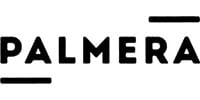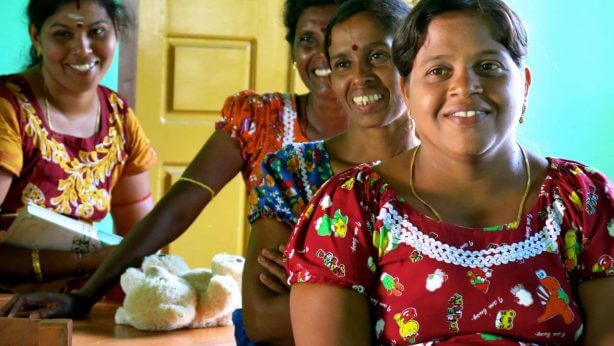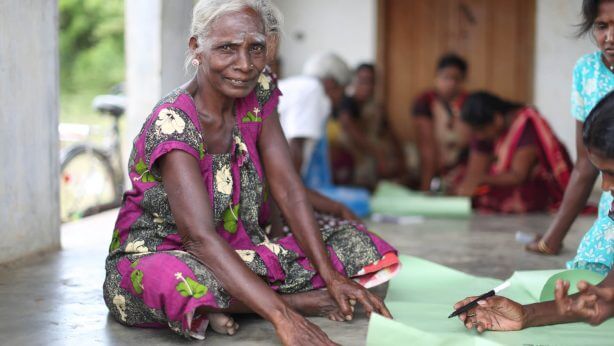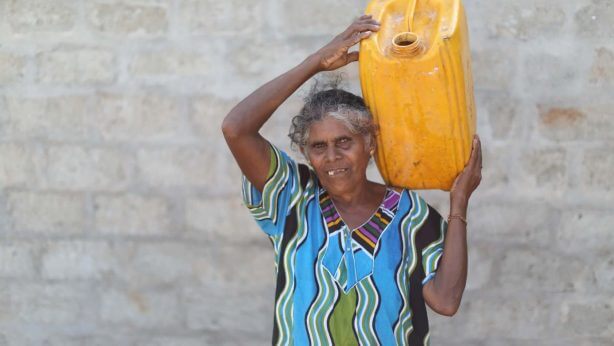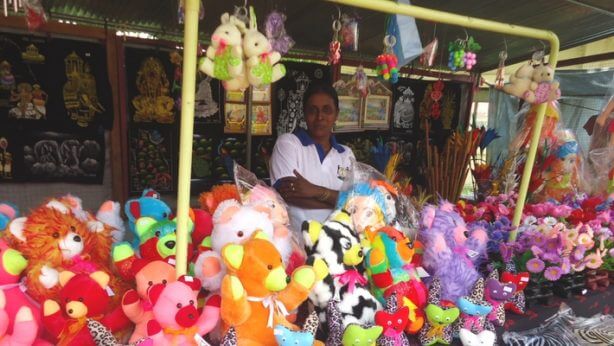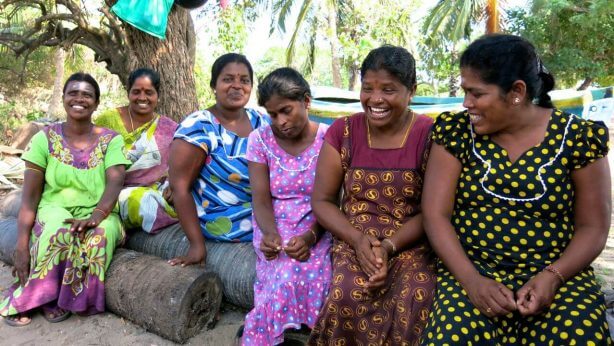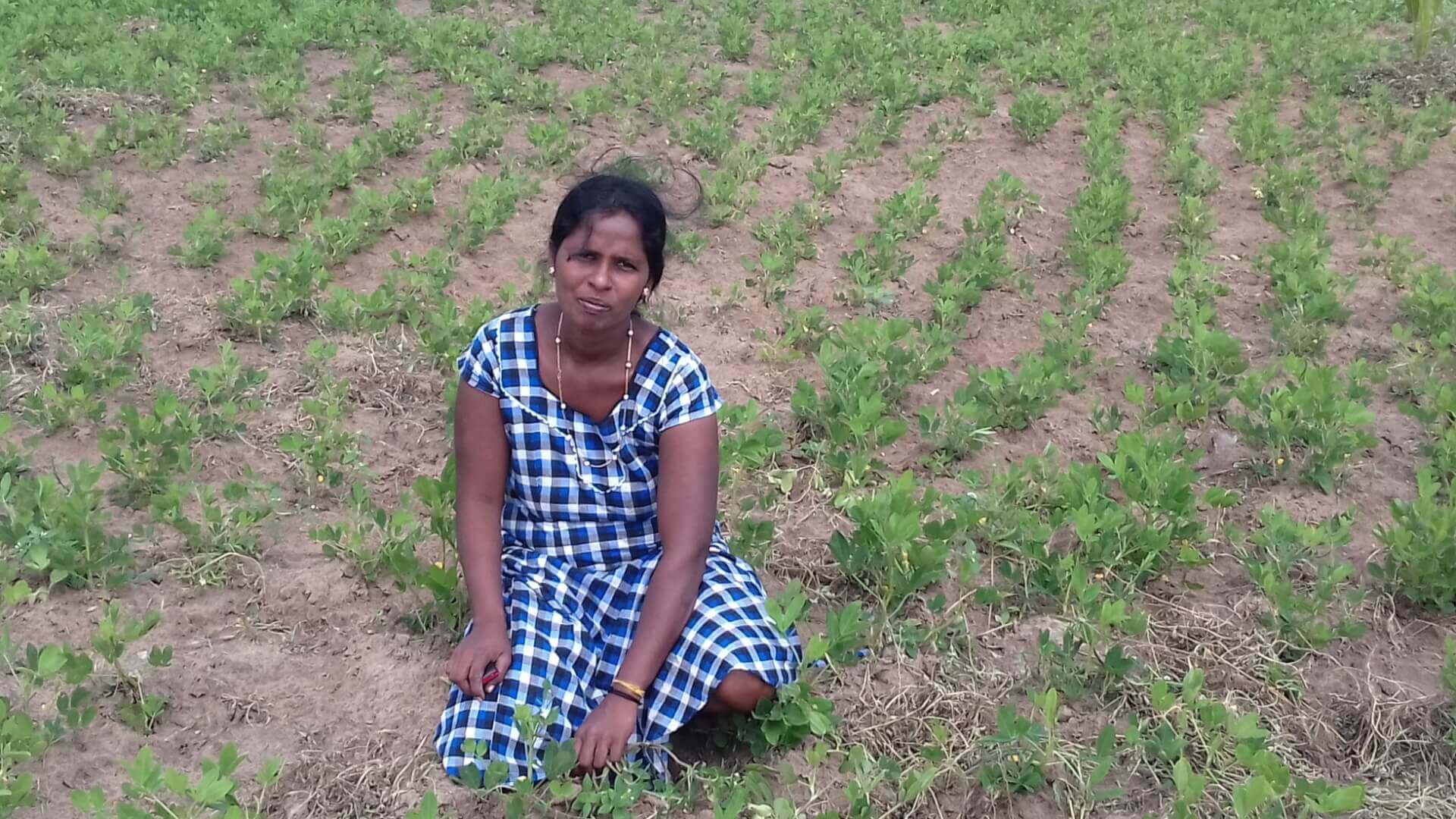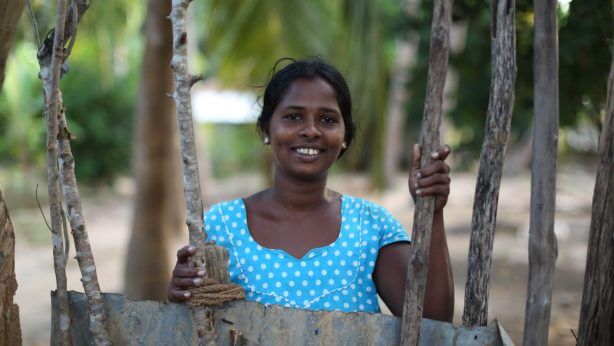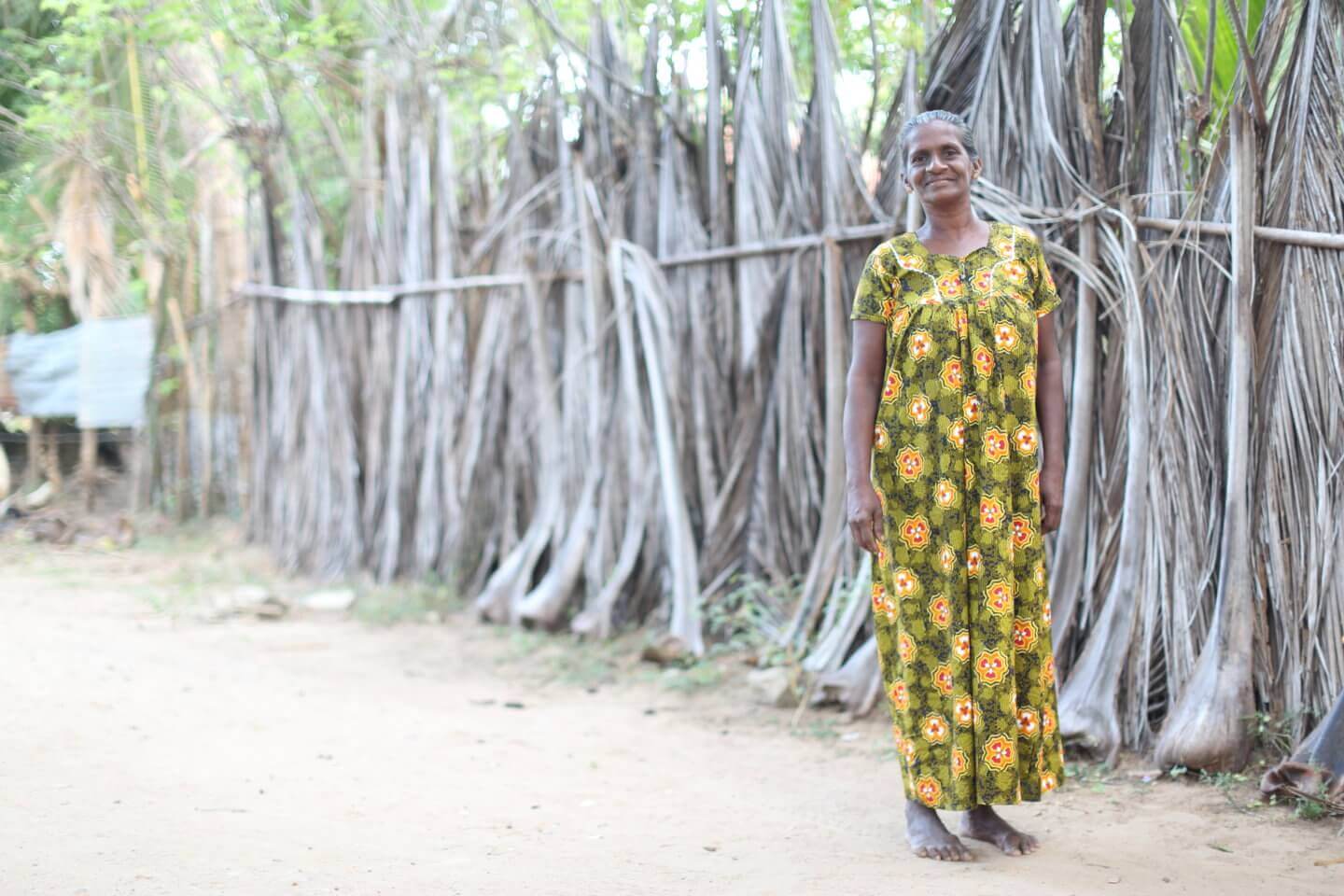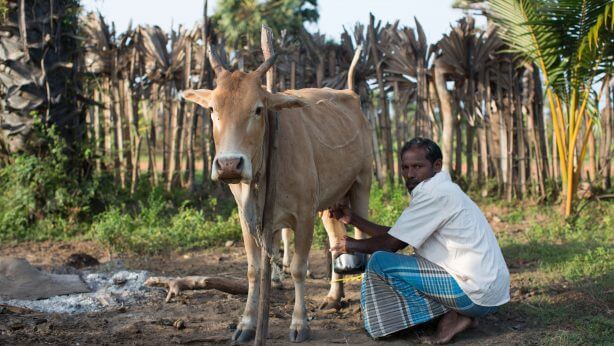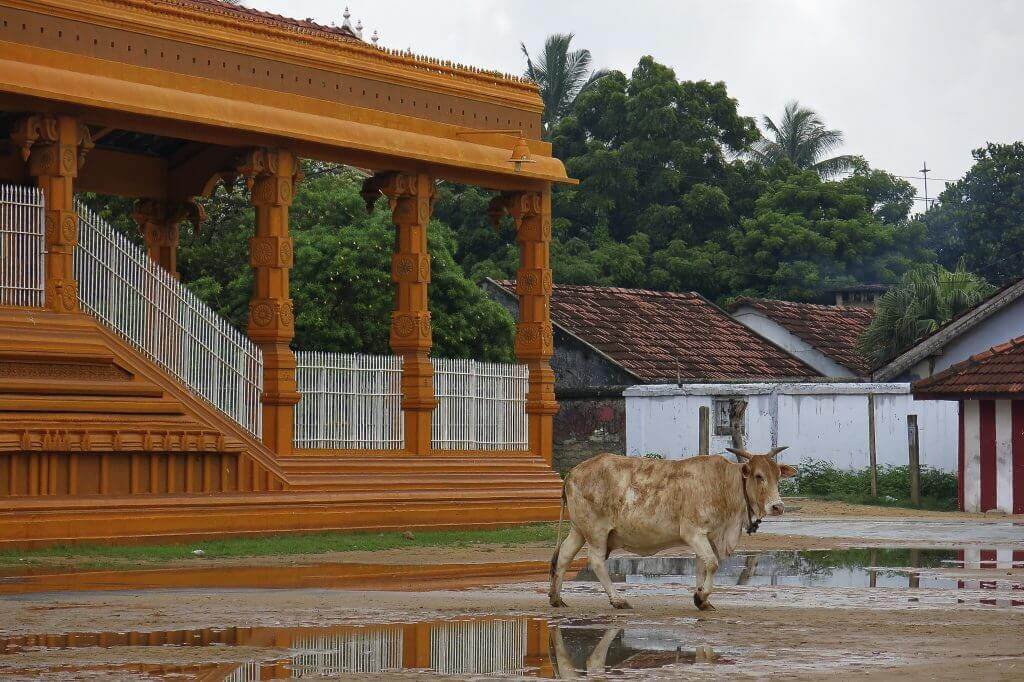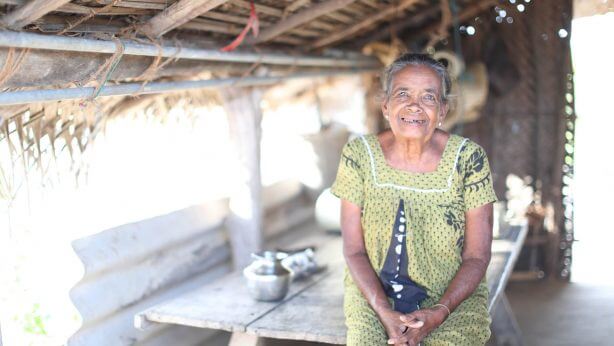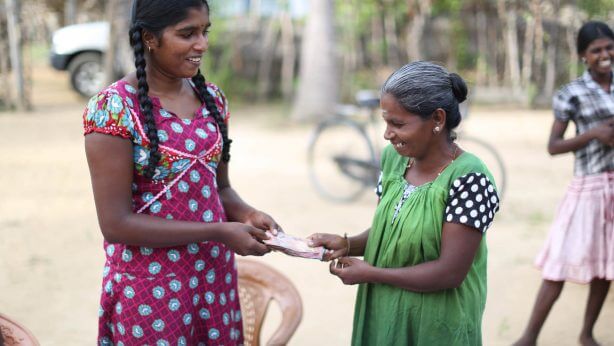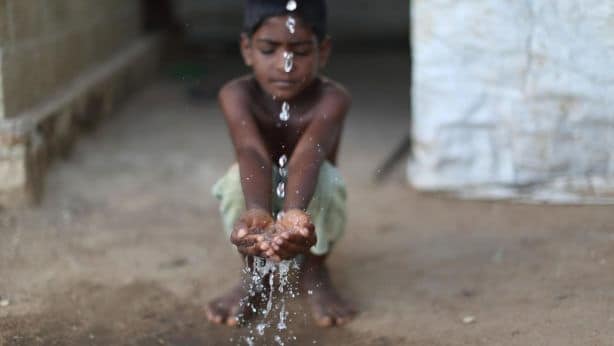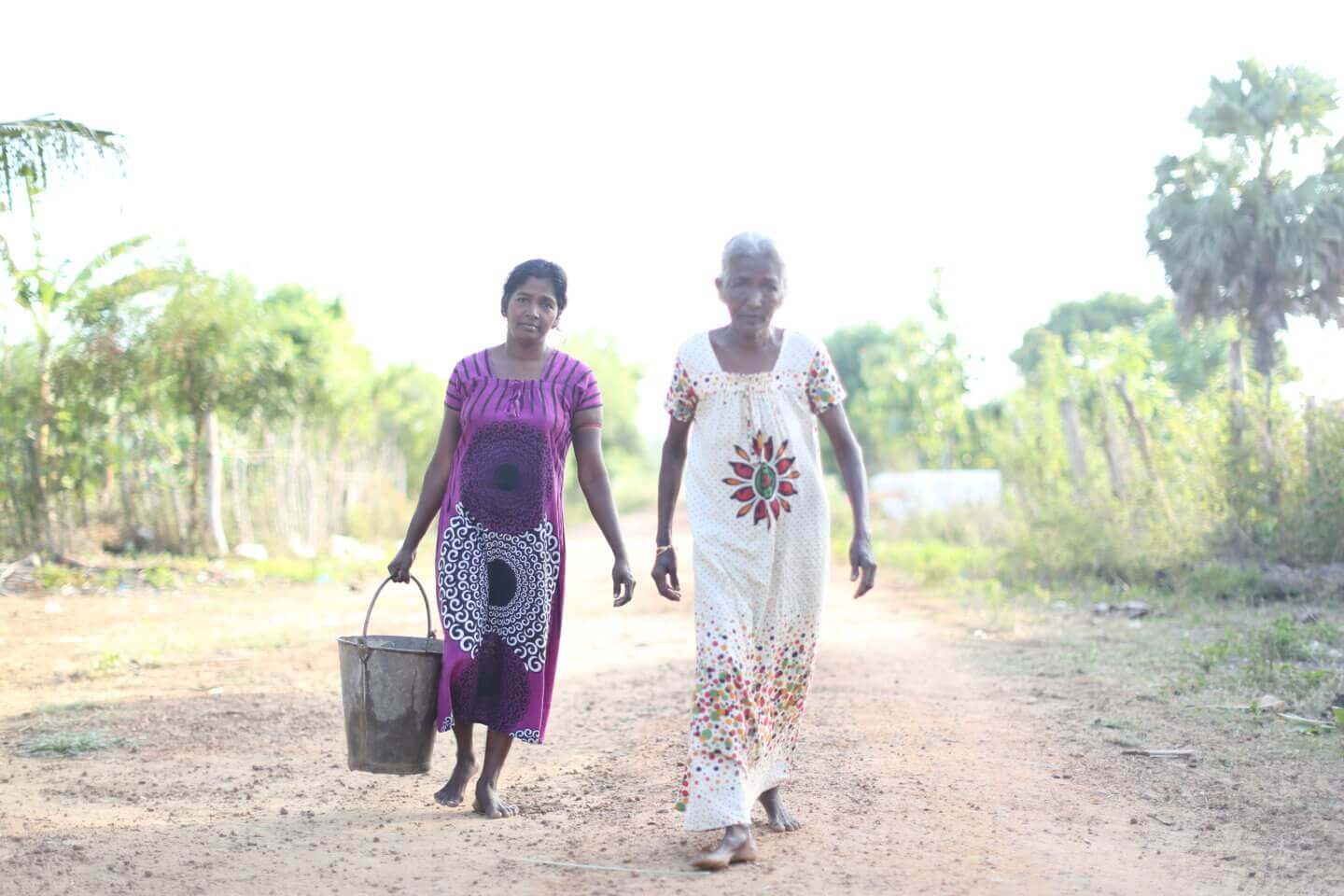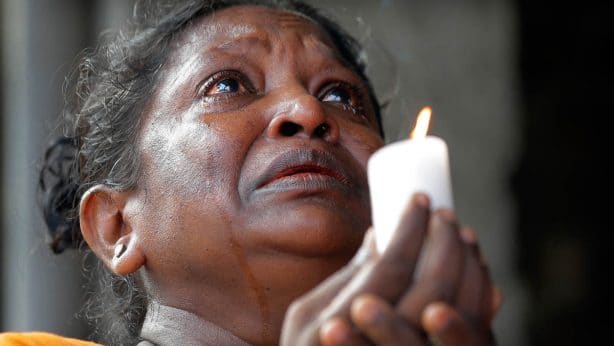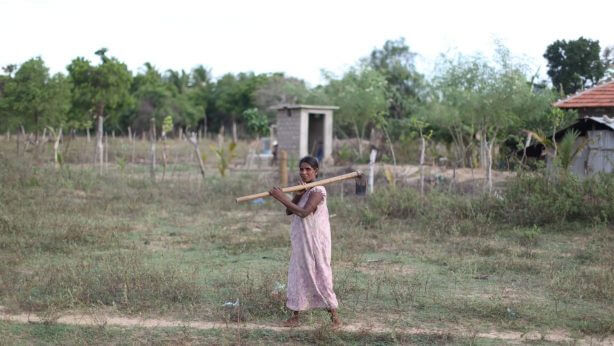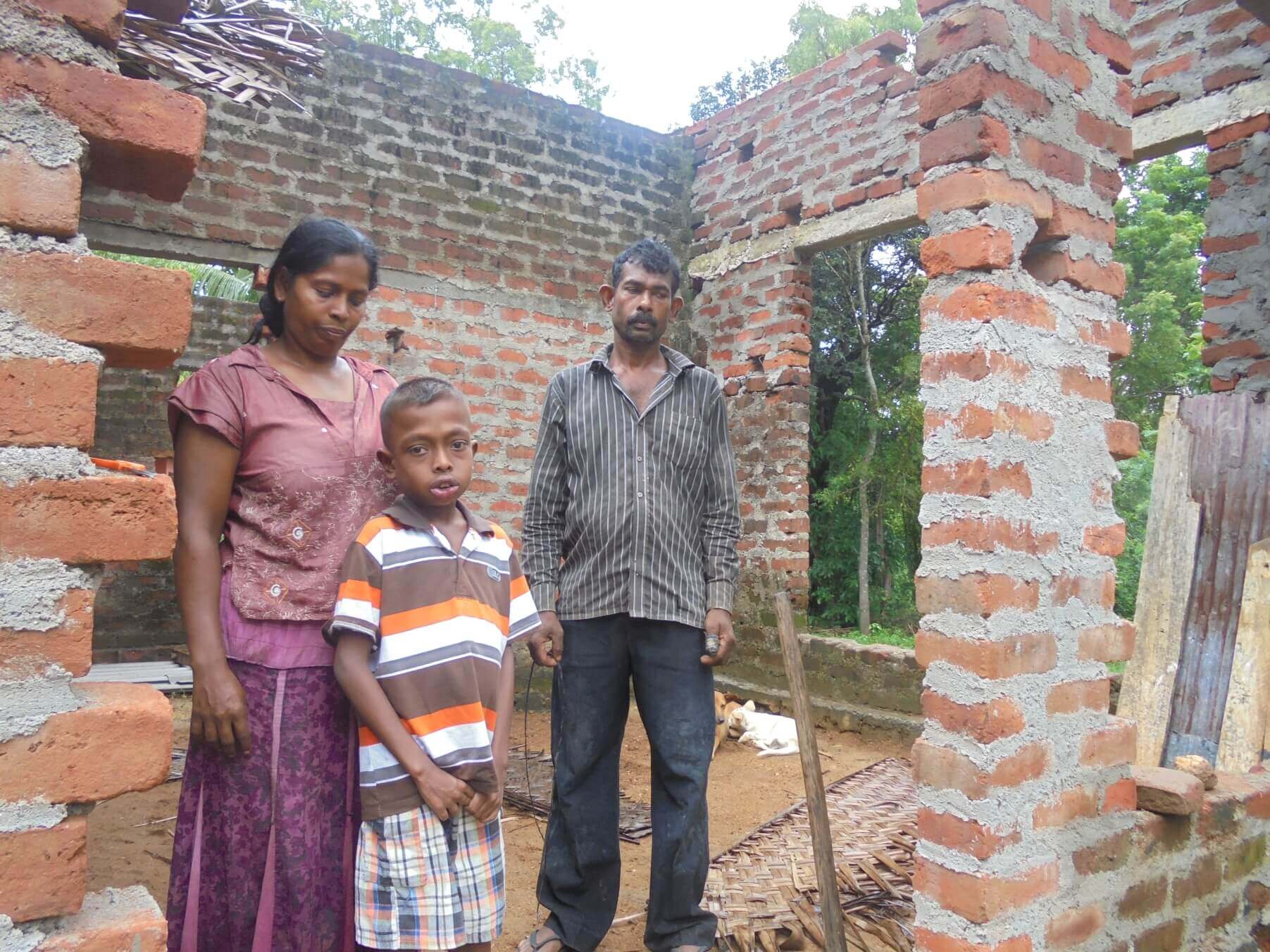Women’s Palmyra Business Expansion
Women’s Palmyra Business Expansion
Thank you to all our donors, we have met our fundraising goal!
WHY ARE WE DOING THIS?
In 2014, we helped 35 vulnerable women from the rural villages of Kannady and Nedunkerny to set up a business producing woven handicrafts from the leaves of the Palmyra tree, our namesake. This small, home-based business has been successful, with the women now earning supplementary income of between $30 – $90 AUD per month selling goods such as baskets, boxes and string hopper trays on the local market. But we think it can be even more successful. Now, we are going to help these women to expand their business by supporting them to meet national and international orders.
“In 1990, my family fled to India because of the conflict. In 2005, after 14 years living in a refugee camp, we returned back to Sri Lanka to start our life again. Now I am a member of Palmyra Products Production group. Before this project my family depended only on my husbands wage, but now I can contribute to the income of our family as well. With this extra income we can regularly buy enough food so we can eat three times a day. We have even been able to start saving.”
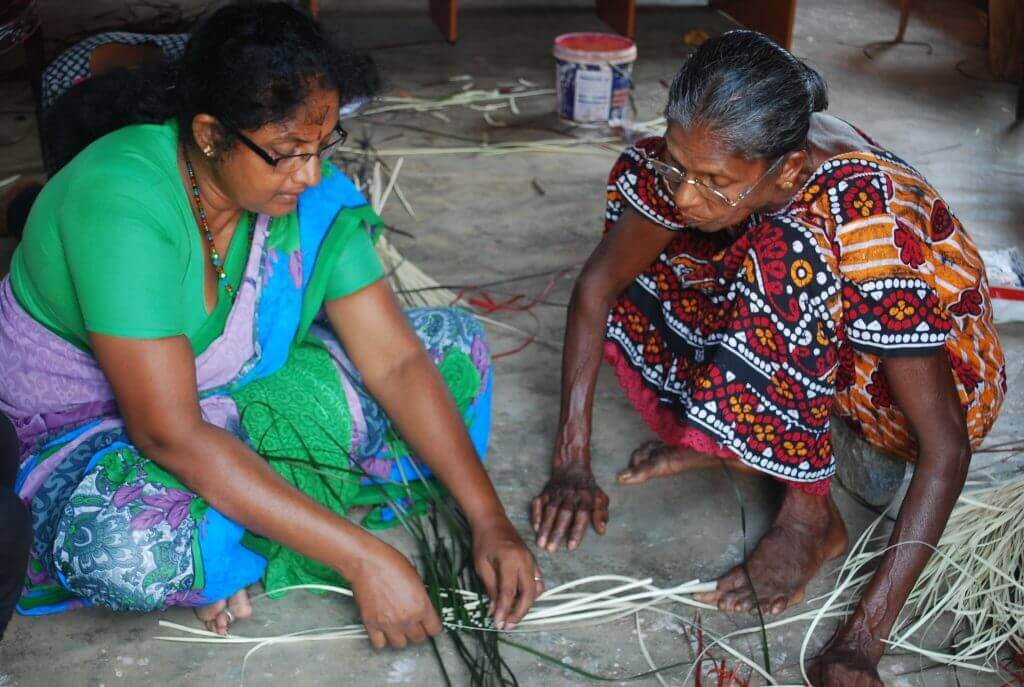
– Letchumanan Jegajothy, Resident of Kannady Village.
Through further training and mentorship, the second phase of this project will support these women to develop the higher-level business and design skills they need to sell their products on the national and international markets. Through investment in a new production centre, the women will be able to work together and have the resources to meet the increased production needs of these larger markets.
This will not only improve the lives of these women, but also transform the community around them as income levels rise and the increased trade has a flow on effect to other villagers. Increased income means the villagers are better able to meet their basic needs, such as food, shelter, education and healthcare.
Most importantly, the project will increase the self-sufficiency and dignity of the women involved, as they are able to lift themselves, their families and their communities out of poverty.
HOW WILL THIS PROJECT WORK?
This project aims to expand the home-based woven goods business that serves local needs into a large-scale production centre that has the capacity to meet national and international needs.
Mentoring will support the women to successfully plan their business expansion. This will involve activities such as exposure visits to successful weaving businesses in other parts of Sri Lanka, support to develop a new business model, and connections with new buyers.
Finance will be provided so that the women can construct a business premises that suits the needs of higher levels of production. Currently, because the women produce woven goods separately, there is variation between the products, which means the group has difficulty meeting large orders. Investment in new premises will mean the business is able to meet these large orders and dramatically increase profits.
Training on skills such as business management, negotiation, communication, pricing strategies, and innovative product designs will ensure the women have the knowledge and ability to successfully expand their business.

THE BENEFITS
- By supporting this project you will be helping these women to lift themselves, their family and their community out of poverty. Specifically your investment will provide:
- The ability to increase production will mean profits increase, and beneficiaries are better able to meet their basic needs.
- The increased trade from having a large business operating in the local village will have a flow on effect to other villagers, meaning income levels will increase for the wider community.
- Increased incomes means beneficiaries are better able to invest in long-term goals such as their children’s education and family savings. This means more resilience and less poverty in the future.
- Beneficiaries self-esteem and dignity improves through the ability to develop long term business skills and the knowledge that their hard work is supporting themselves, their families, and the community.
HOW DO WE ENSURE THE PROJECT IS SUSTAINABLE AFTER WE LEAVE?
- The project is building on an already successful business.
- It uses materials that are in abundance in the area and builds on Palmyra weaving skills that the beneficiaries had prior to the first phase of the project, as well as business skills learned during the first phase.
- It has been co-design with the 35 members of the Palmyra Products Production Group and the wider community, to ensure the project meets local needs.
